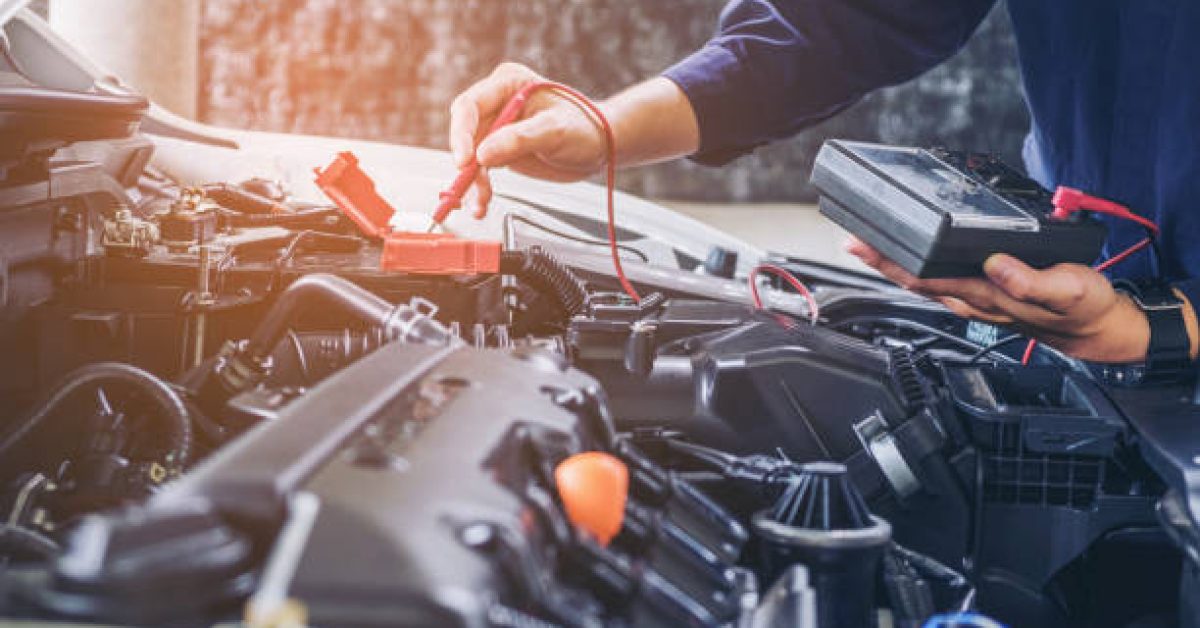At Metric Motors, we know a thing or two about engines. We’ve been in the business of engine diagnosis and repair for over 30 years, and in that time, we’ve learned a few tricks of the trade. In this blog post, we’re sharing our top 5 tips for diagnosing engine problems.
1. Check the Basics First
Before you start tearing your engine apart, it’s always a good idea to check the basics. This includes things like making sure there’s enough oil in the engine and that all the belts and hoses are properly secured. It may seem like a no-brainer, but you’d be surprised how often these simple things are the root of the problem.
2. Inspect the Spark Plugs
Spark plugs are an important part of your engine, and if they’re not working properly, it can cause all sorts of problems. To inspect your spark plugs, remove them one at a time and inspect them for wear and tear. If they look worn out, it’s time to replace them.
3. Listen for Unusual Noises and Feel for vibrations
One of the most common symptoms of an engine problem is unusual noises. If you hear something that doesn’t sound right, make a note of it and mention it to your mechanic when you take it in for service. Pay attention to things like rattling, knocking, or hissing, as these can be indicative of serious issues. Another common symptom of an engine problem is vibration. If your car starts shaking or vibrating abnormally, there’s a good chance something is wrong. Again, this is something you’ll want to mention to your mechanic when you take it in for service.
4. Check the Warning Lights
Modern cars are equipped with all sorts of sensors and warning lights that can tell you if something is wrong. If you see a light on your dash that you don’t recognize, make sure to look in your owner’s manual to see what it means. Many times, these lights will come on before there are any other symptoms, so it’s important to pay attention to them.
5. Keep an Eye on Your Gauges
Your car’s gauges can also give you some clues as to what might be wrong with your engine. Pay attention to things like the temperature gauge and oil pressure gauge; if they start reading abnormally, it’s a good indication that something needs to be checked out.
If you’re having trouble with your engine, these five tips should help you diagnose the problem. Of course, if you’re still not sure what’s wrong or how to fix it, the best thing to do is bring it to a professional mechanic like those at Metric Motors. We’ll be happy to take a look and get your car running smoothly again in no time!
Reference:
Staff Writers, U. S. (2007, July 2). Tech Tip: Engine Analyzers Can Diagnose a Wide Variety of Engine Performance Problems. UnderhoodService. Retrieved November 4, 2022, from https://www.underhoodservice.com/tech-tip-engine-analyzers-can-diagnose-a-wide-variety-of-engine-performance-problems/
25 Car Problems You Can Diagnose (and Fix!) Yourself. (2022, February 11). Family Handyman. Retrieved November 4, 2022, from https://www.familyhandyman.com/list/car-problems-you-can-diagnose-and-fix-yourself/
Electrical Troubleshooting in Seven Steps – Efficient Plant. (2004, January 1). Efficient Plant. Retrieved November 4, 2022, from https://www.efficientplantmag.com/2004/01/electrical-troubleshooting-in-seven-steps/




